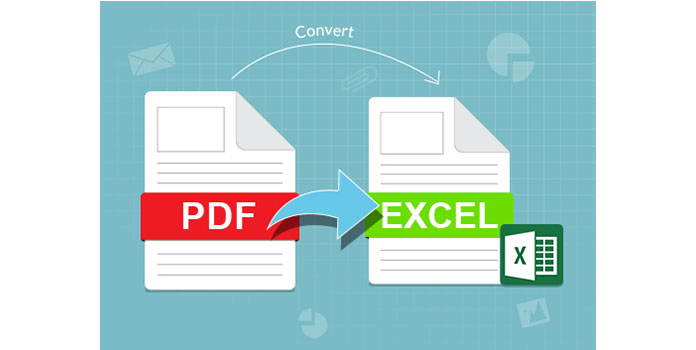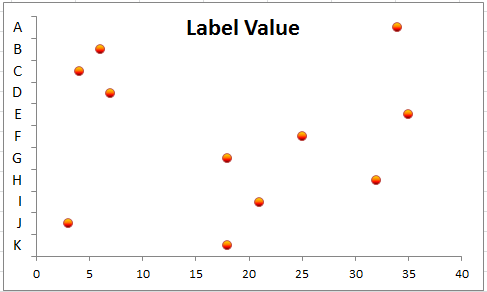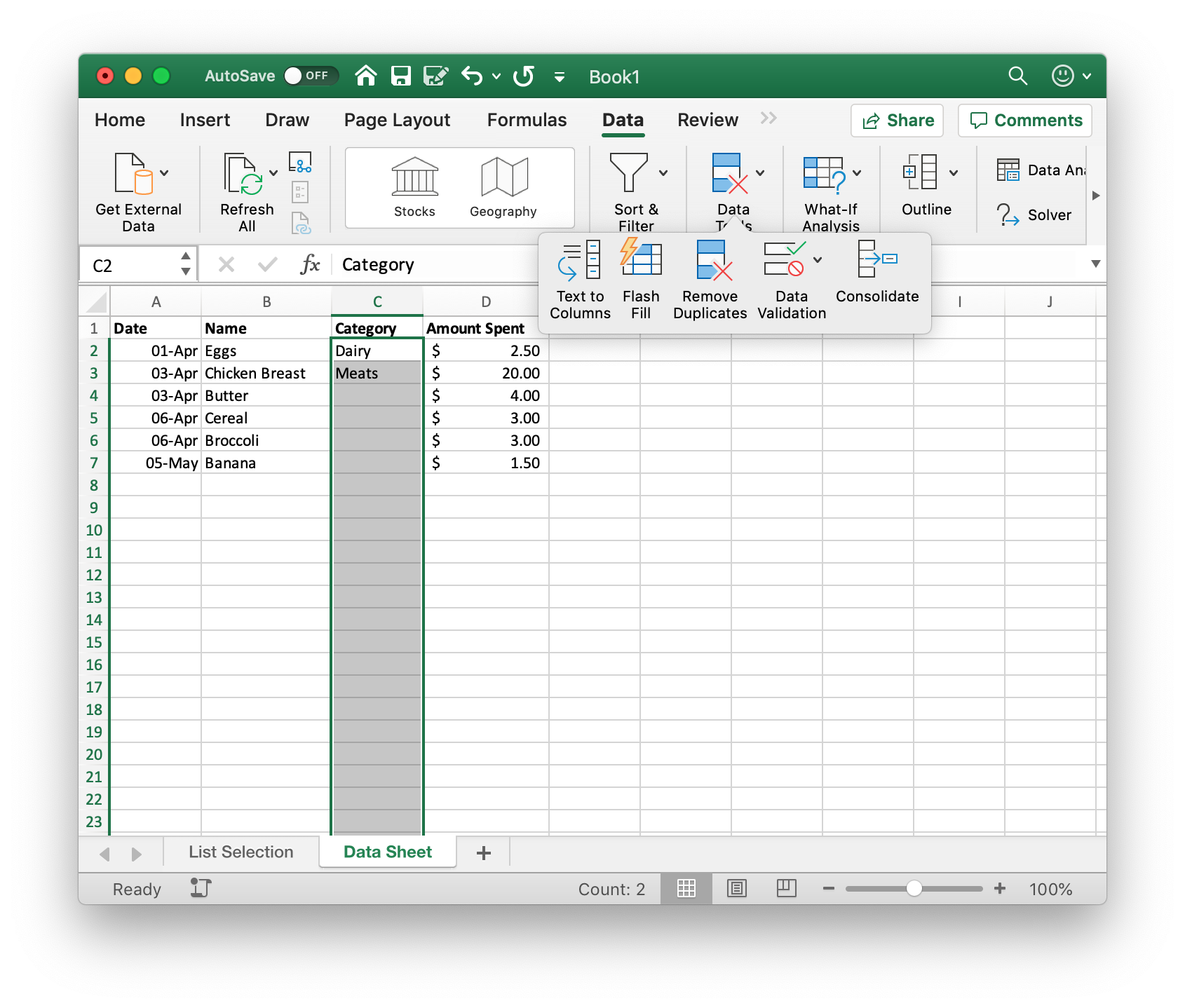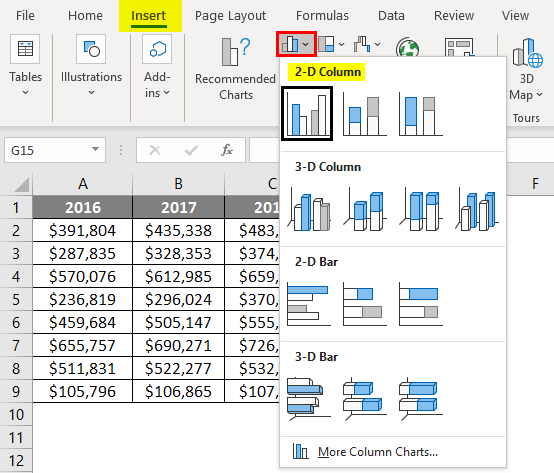Easily Convert Text Documents to Excel Files Now

Converting text documents to Excel files can be a valuable skill for both personal and professional productivity. Whether you're dealing with data sets, tracking records, or organizing information for easier analysis, the ability to transform plain text into a structured Excel spreadsheet format can save hours of manual work. Here, we'll walk through different methods of converting text files to Excel, offering step-by-step instructions for each approach.
Why Convert Text to Excel?
- Data Analysis: Excel provides powerful tools for sorting, filtering, and analyzing data that are not readily available in plain text formats.
- Structure and Organization: Excel’s grid layout makes it easier to organize data into rows and columns.
- Visual Representation: Use Excel’s charting and graphing features to visualize data trends.
- Automation: You can automate repetitive tasks with macros and scripts, making future data handling more efficient.
Method 1: Using Microsoft Excel
Excel itself offers functionality to import text files directly:
- Open Microsoft Excel.
- Go to the File tab, click Open, and choose Text Files from the dropdown menu.
- Select your text file. Excel will launch the Text Import Wizard.
- Follow these steps in the Text Import Wizard:
- Choose the Delimited or Fixed Width option based on your text file format.
- If delimited, specify the delimiter (e.g., comma, tab, space).
- Adjust column data formats if needed.
- Click Finish to complete the import.
⚠️ Note: If the text file is not formatted correctly, you might need to make manual adjustments post-import.
Method 2: Online Conversion Tools
Online tools can be an alternative if you don’t have Excel installed or prefer a cloud-based solution:
- Navigate to an online text to Excel converter (e.g., Convertio, Online-Convert).
- Upload your text file or paste the text directly into the provided field.
- Select the output as “Excel” or “Spreadsheet.”
- Choose settings like delimiter, encoding, etc., if available.
- Click Convert to transform your document.
- Download the resulting Excel file.
Method 3: Programming Approach
For tech-savvy users, writing a script to convert text to Excel can be an educational and efficient method:
import pandas as pd
# Assuming the text file is CSV format
data = pd.read_csv('input.txt', sep=',')
# Export to Excel
data.to_excel('output.xlsx', index=False)
📝 Note: You need to install the 'pandas' library in Python to execute this code. Use pip to install.

| Method | Tools Needed | Skill Level | Pros | Cons |
|---|---|---|---|---|
| Microsoft Excel | Excel | Beginner | Easy to use, GUI wizard | Limited by file size, may require manual cleanup |
| Online Conversion | Internet Connection | Beginner | No software installation, quick conversion | Dependent on internet, potential privacy concerns |
| Programming | Python, Libraries | Intermediate | Flexible, custom formatting, automation | Requires programming knowledge, setup time |
In wrapping up this guide on converting text documents to Excel files, it’s evident that the method you choose depends on your needs, skill level, and available resources. From Excel’s built-in wizard to online tools and custom coding solutions, there are various paths to take when transforming your text data into the more structured and versatile Excel format. Each approach has its advantages, tailored to different users and use cases. Remember, the key to successful data conversion is understanding your data and choosing the method that not only fits your technical proficiency but also ensures the integrity and usability of your data post-conversion.
Can I convert a text document with any delimiter to Excel?
+Yes, you can convert text documents with various delimiters such as comma, tab, or space, provided you specify the correct delimiter in your chosen conversion method.
What should I do if my text file isn’t properly formatted?
+If your text file isn’t formatted correctly, you may need to manually clean and format the data before importing, or use programming solutions like Python to perform pre-processing.
Are online conversion tools safe to use?
+While many online conversion tools are safe, it’s advisable to review their privacy policies to ensure your data isn’t misused or retained. Always be cautious with sensitive information.



